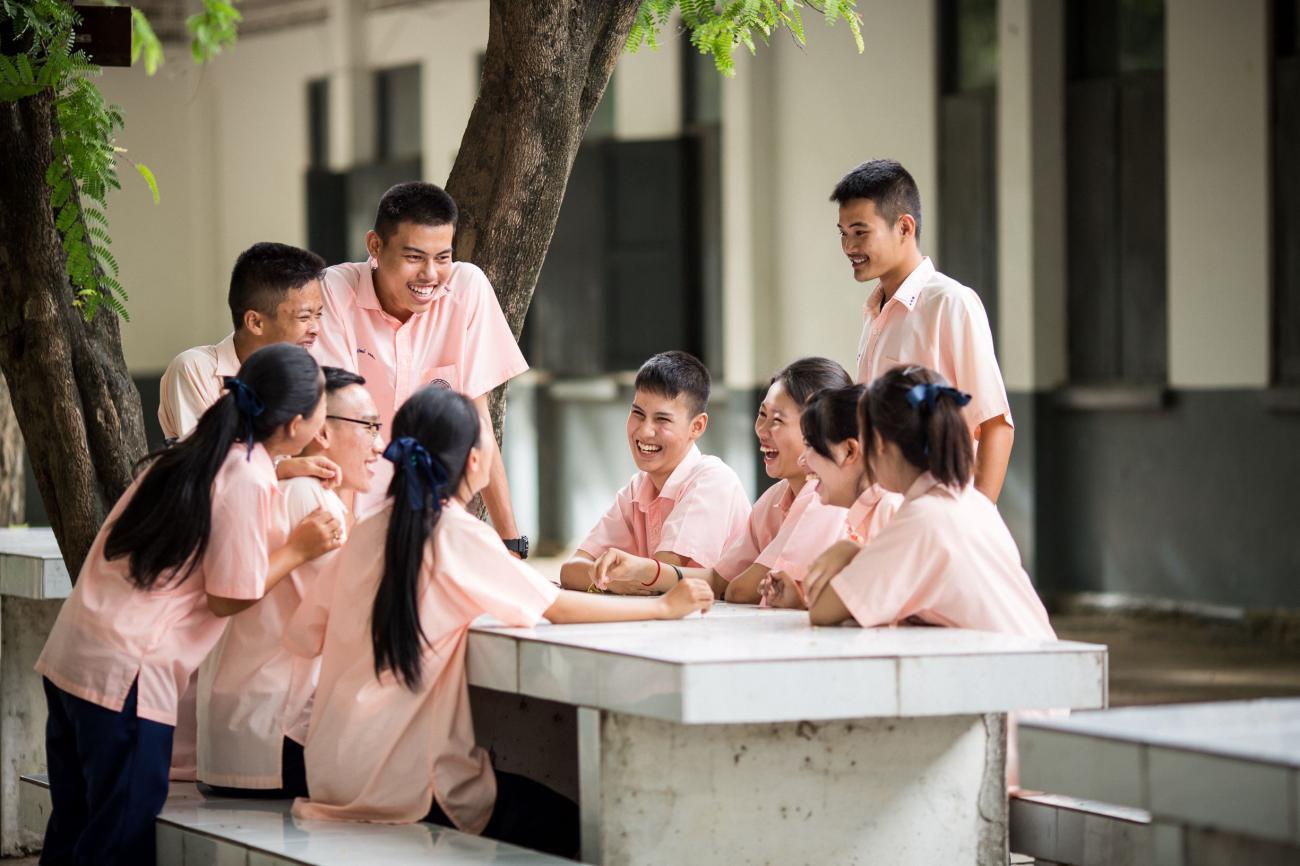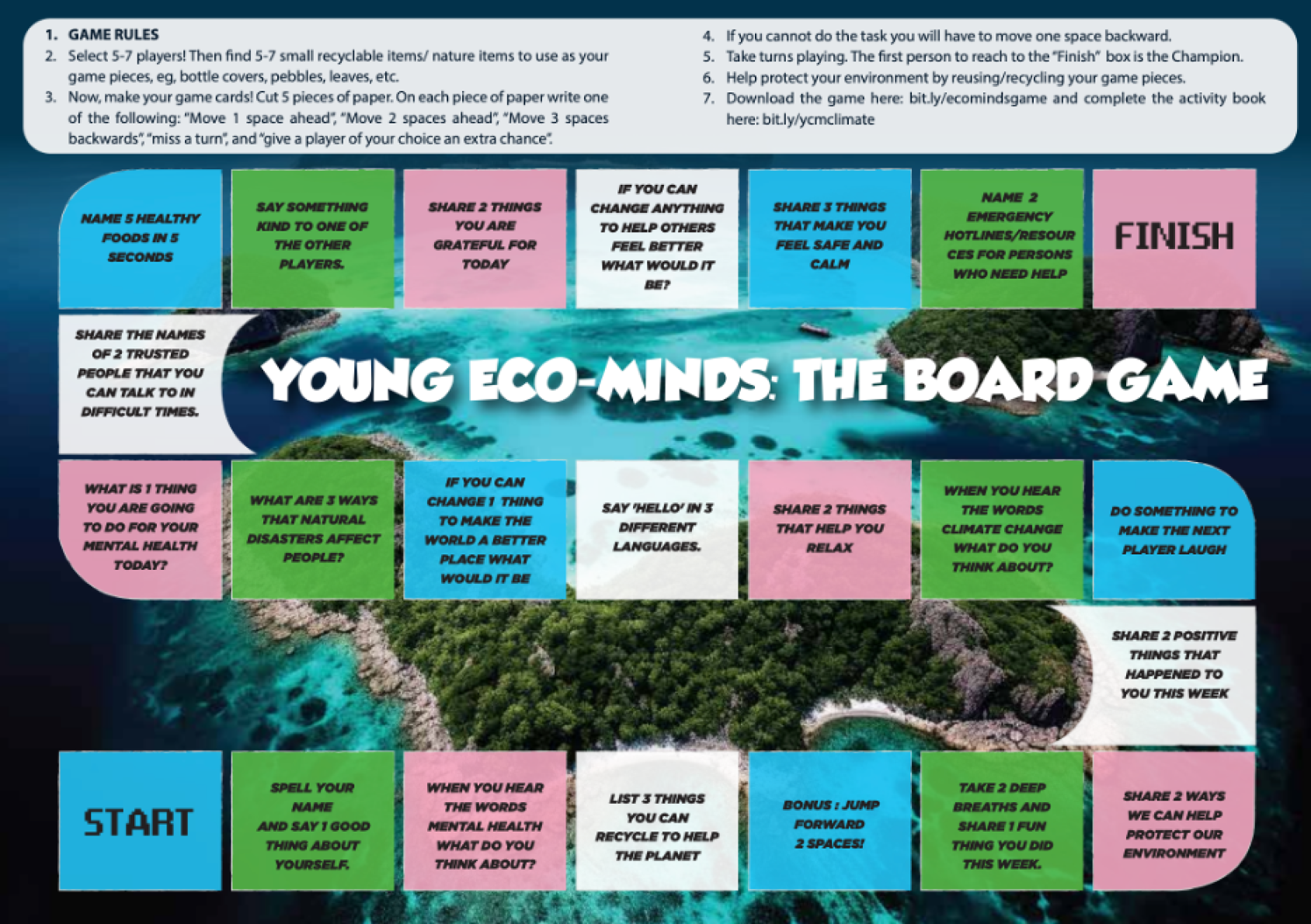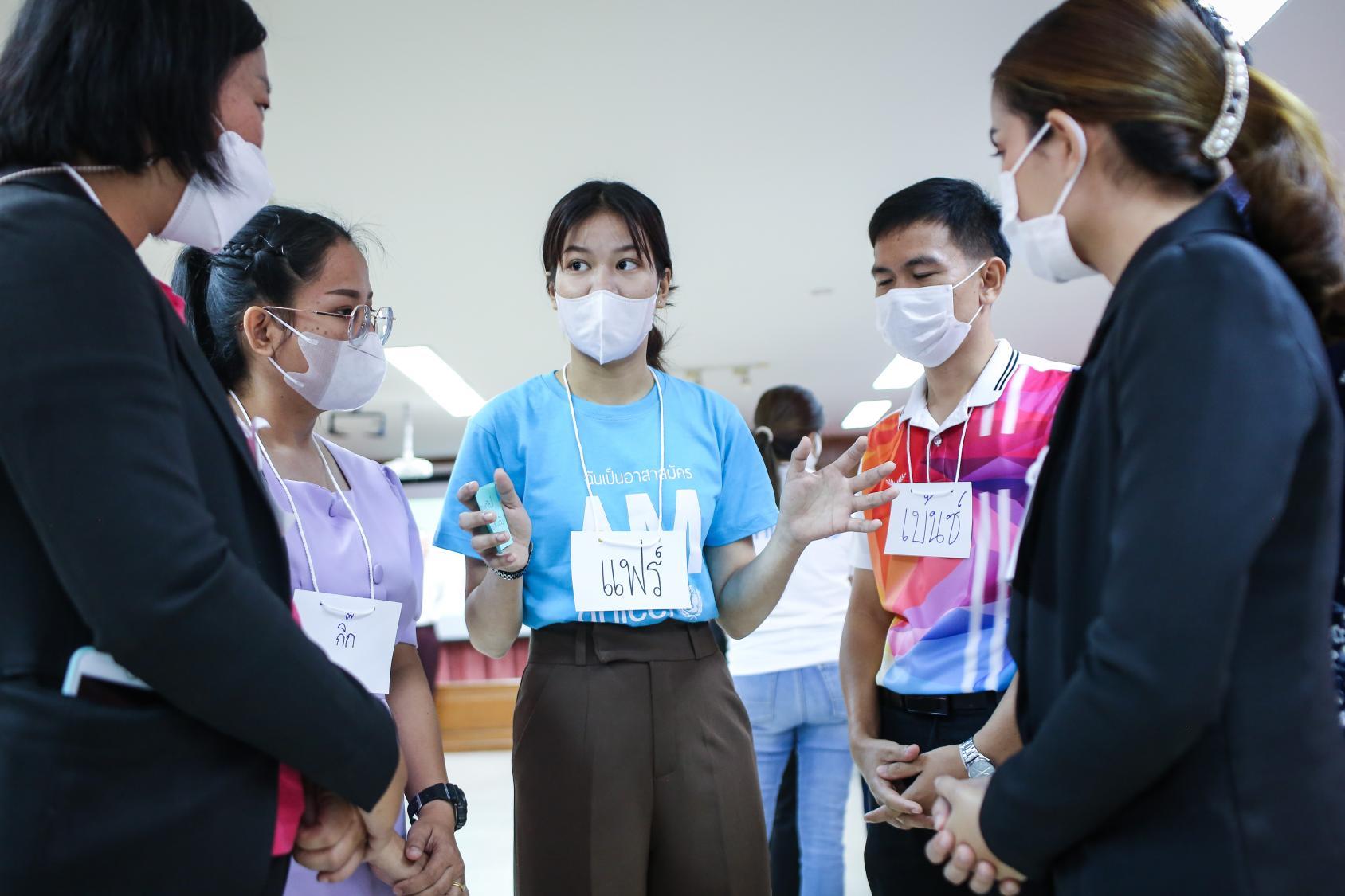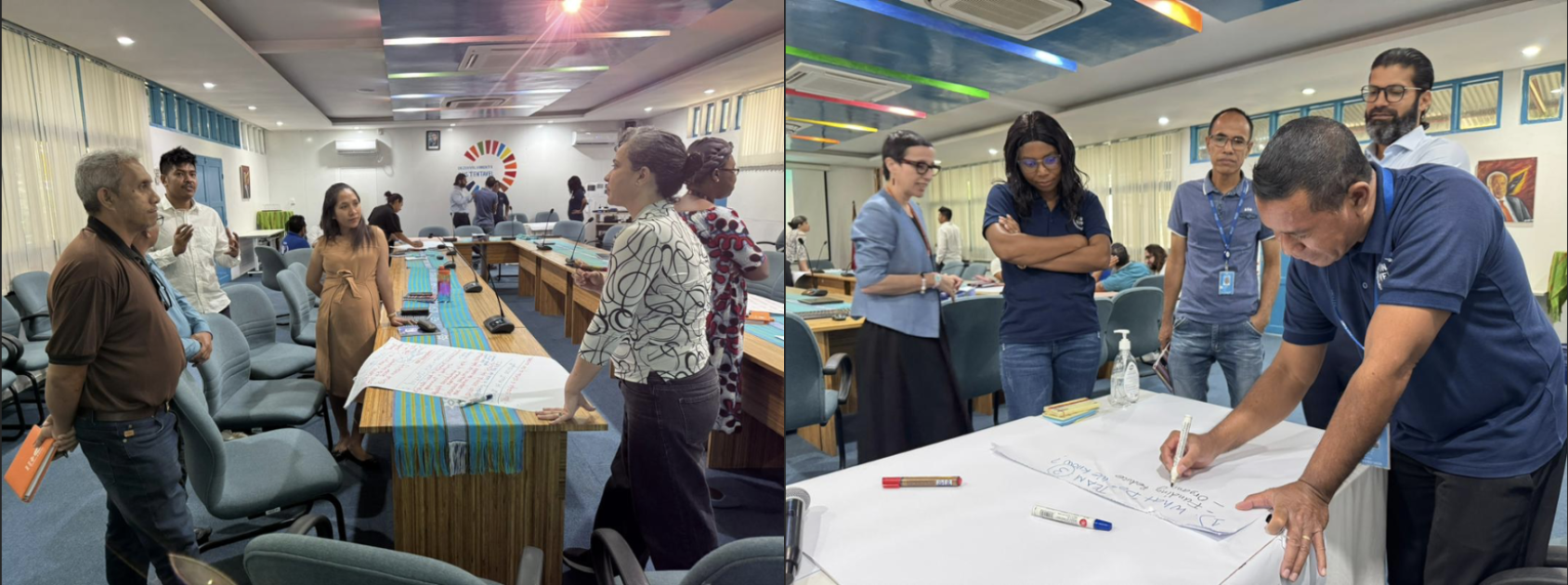Mind Over Matter: Making Mental Health A Priority

In 2025, mental health has become the silent signal of our societies. A quiet battleground playing out in the privacy of our phones, our homes, our schools and our communities. The weight of a world upended by crises and climate change, along with instabilities and uncertainties, can sometimes prove too heavy to carry.
Yet, this same signal is now turning into a siren- a rallying call across generations to forge stronger bonds and overcome polarisation, to build empathy for the other and to ensure that our collective struggles are met with the right solutions.
Every year, World Mental Health Day (10 October) is a powerful reminder that inclusive and sustainable human development cannot be realised without mental health and well-being. Across the world, countries are making strides, recognising this as a right, not just a privilege. The UN has been steadily working alongside governments, civil society, youth leaders, academia and the private sector to lead these efforts.
Youth leading the way for communities
In Palau, 18-year-old Dee-Raya Antonio is showing the power of youth advocacy. Once silenced by stigma, she now calls openly for conversations on mental health in schools and communities: “Mental health must be led by youth conversations. We need to speak, to share, to listen.” Her voice echoes a growing global movement of young leaders demanding safe, inclusive care for all. In countries across the Pacific like Palau and Kiribati, UN entities like WHO and UNICEF are rolling out mental health interventions, opening space for dialogue and training professionals to support young people in communities.

In Botswana, peer-led teen clubs are transforming lives. Adolescent youth living with HIV are finding strength in safe spaces where they can talk openly and receive support, thanks to a youth network backed by UNICEF.
Mental Health and Psychosocial Support in the Caribbean also received a significant boost in the last year through an innovative partnership bringing together the UN, the University of the West Indies and Let’s Unpack It, a youth-led advocacy organization. The UNICEF-led partnership has launched youngcaribbeanminds.com, the region's first online youth mental health hub, providing over 100,000 users throughout the Caribbean with access to vital resources. This year, 42 children and youth from 23 countries co-authored a mental health workbook designed to support the mental health of young people in relation to climate change, natural hazards and child protection. In Barbados, PAHO/WHO supported with Comprehensive School Mental Health Literacy Training and introduced the Lifeline Barbados Hotline to offer immediate crisis support. Additionally, technical expertise was provided to guide a multisectoral review and update of the national mental health framework, covering legislation, policies, and services, reflecting the country’s strong commitment to enhancing mental health and social protection systems.

Scaling up care in times of crisis
Crises, whether natural disasters or conflict, often leave invisible scars. After the devastating earthquake in Türkiye, UN support provided care sessions and helped train staff at the Ministry of Family and Social Services and deliver community-based psychosocial services to those affected, including those living with mental disabilities, ensuring no one was left behind in the recovery.
In Bangladesh, a UNFPA-supported helpline called “Alapon” is bringing mental health and reproductive health counselling to young people, particularly Rohingya youth in refugee camps. Staffed by trained counsellors, the service operates seven days a week, supporting callers on a wide range of issues such as anxiety, depression, puberty-related concerns, gender-based violence, and sexual and reproductive health. In 2025 alone, the helpline responded to more than 13,000 calls, including over 2,000 from boys and over 11,000 from girls, highlighting the growing trust adolescents and youth have in the service.
Building stronger systems for mental health
This kind of lasting change is moving beyond just services towards building strong national systems.
In Thailand, mental health services are now integrated into universal health coverage, bringing support directly into primary care and across a range of different services. Mental health is a national priority, as evidenced by the Cabinet’s resolution to commemorate the month of May as a “Mind month”. The country is working with UN agencies to bolster its capacity in the promotion of mental health and well-being, early detection of issues and crisis intervention. New digital tools, such as the WHO “Step-by-Step” program for at-risk mental health and the “Doing What Matters” self-help mental health promotion program, are integrated into the digital mental health platform available nationwide, potentially reaching 80 per cent of the Thai population with Internet access.
Under the “WHO LIVE LIFE package”, a nationwide survey involving over 7,000 at-risk people and over 11,000 caregivers and relatives was conducted for an evidence-based national action plan on suicide. Moreover, the suicide surveillance system was strengthened, students in high-risk schools have received life skills training, first responders under the HOPE (Helpers Of Psychiatric Emergency) Taskforce have been trained, and media professionals were actively engaged to ensure responsible reporting on suicide using the developed guidelines.. In addition, UNICEF supported the development of a national action plan for children and adolescents. This framework brings together multiple sectors to prevent, promote, and respond to mental health challenges. In 2024 alone, UNICEF and partners trained 1,000 service providers across four provinces and screened 146,000 children for mental health illness.

Why this matters
Mental health has direct impacts on education, employment and equality, yet for far too long, persistent stigma and poor services have made progress difficult. Now, the reality is clear: investing in mental health is investing in resilient societies.
Bringing this closer to home, the UN Resident Coordinator in Timor-Leste has been spearheading a dedicated effort to prioritise staff well-being and mental health within the UN. By building skills and creating safe spaces, the Resident Coordinator’s leadership has been instrumental in shaping everyday dynamics and behaviours, as well as larger organizational policies, even through tumultuous times.

When it comes to mental health, we all have a role to play. Speak up, listen with empathy, and make sure every voice is heard. Keeping mental health at the heart of health and development means treating it and funding it as a true priority. Together, we can break the silence and build a world where mental well-being is not a privilege, but a right for all.













